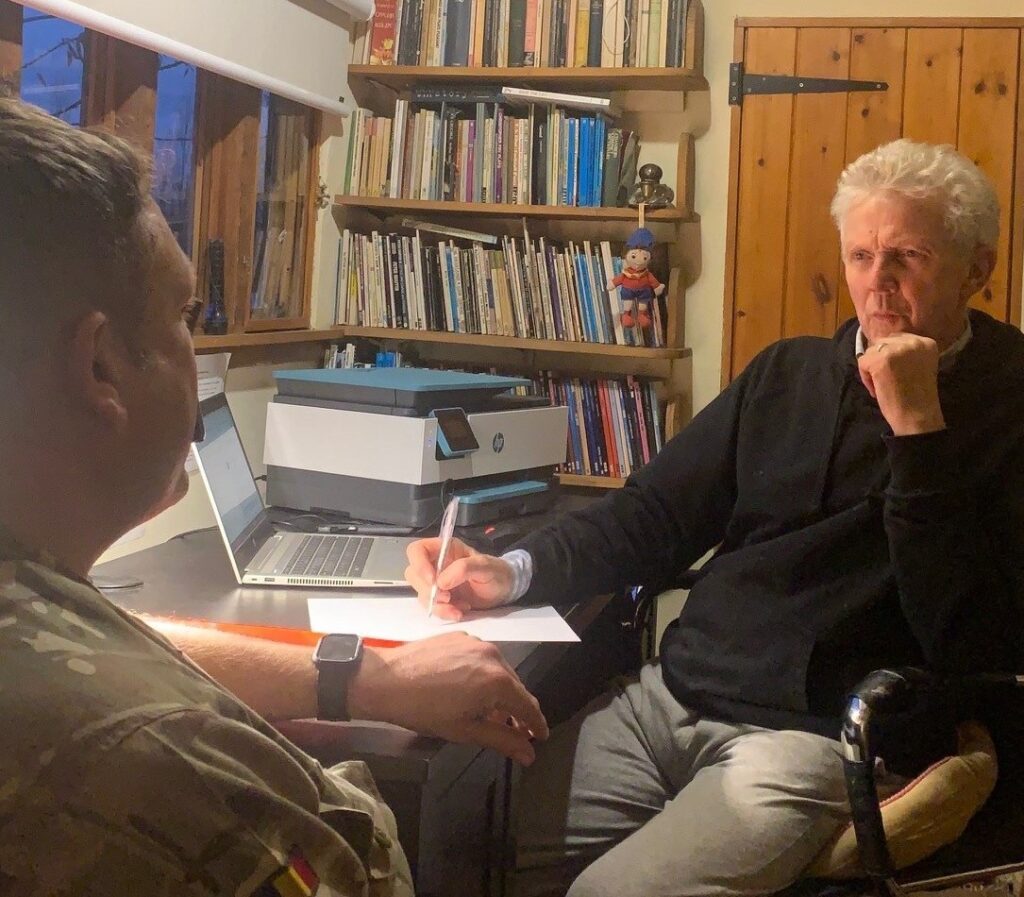Is transformation a journey, a destination or both? And does the answer impact your ability to achieve it?
The concept of transformation has long fascinated me. Whether we are talking about nature, self, business, or opinions, I’ve always been drawn to the challenge of effecting change to the point of transformation.
But these days, when everything has to be bigger and bolder, instantaneous and incredible, do we perhaps overuse this word? Or overload its meaning?
Let me explain. One of my favourite quotes is by the wise and wonderful Maya Angelou. She said: “Transformation is the moment one truly recognises oneself.”
This statement would have us believe that transformation is a moment in time, an endpoint which is tangible and recognisable. This belief also plays to our need for quick fixes and instant gratification – the legacy of a world where computers and automation often make this possible.
However, my experiences have taught me that transformation cannot happen without a journey. This is particularly true when trying to effect transformation at any sort of scale: only if there are lots of smaller changes can large-scale change truly happen.
This isn’t something I’ve ever let get in the way. My response to a horrifically prejudiced headline in The Sun years ago took me to three continents over the course of ten years.
So, is transformation a journey or is it a moment in time?
Interestingly, the definition of transformation when considered in the context of mathematics (my poorest subject): ‘a process by which one figure, expression or function is converted into another of similar value’.
Consider this against another definition, which refers to a ‘marked change’, a ‘major change’ or even ‘the task of changing’, none of which really give reference to any timeframe.
By thinking of transformation as needing to happen in one fell swoop, we overload it, we raise our expectations too far and we miss our target or even fail to start.
Is this need for perfection, for completeness, one of the reasons we find true transformation so difficult to achieve? In the case of our planet, we need to totally transform everything: the materials we use, our behaviours in using them, how we dispose of them, the way we think about and interact with our environment and more and more besides. My own environmental journey consists of several projects which have taken place over the past 30 years or so, and which have each effected global transformation in varying degrees.
Most importantly this journey began at home. The transformation that is within my grasp. I used my personal needs and wants to live in a more conscious way as the base to inspire, engage and empower others.
Only relatively recently have we started to see a groundswell of individual organisations, communities and teams start their own projects and programmes regardless of the fact that they cannot solve this problem single-handedly. For many, the pursuit of a full transformation is still something to be hidden behind, an excuse for a lack of action.
Maybe the journey start is the self-discovery part of transformation; how can you transform others and situations if you don’t know where you started?
I think this is an important factor when looking at transformation in the context of the business world. Leaders and teams must understand their own starting point, recognise where they are falling short as well as knowing clearly what their goal is. As this is not an easy thing for everyone to grasp, individuals will buy in to a change programme at different speeds. Some will have more to work on than others, past experiences will differ and therefore colour their perception of whether change is good or bad. There is most definitely a process to work through for an organisation to transform its people and therefore its outcomes.
For me, though, there’s more to it than this: even the word itself sounds like a journey. It’s a long word which doesn’t convey a moment, but a period, of time. It has the first syllable of ‘trans’, the etymology of which is across, beyond, and even ‘to form’ – all of these convey movement which, by definition, must take time.
Let’s consider the ultimate in transformations: the life cycle of the butterfly. It goes through definite stages, a clear journey of transformation. And yet, you could argue that it is transformed at each of these points. There are several stages, moments in time where the creature is not what it was. For the full miracle to happen, though – the one that nature intended – the caterpillar must reach the end point and burst from its chrysalis as a butterfly. A truly amazing and impactful moment, for sure, but most definitely one which would never have happened without the preceding steps.
Whether transformation intrigues you from a personal, professional or planet-saving perspective, I would invite you to look for it in everything you do. From the moment you recognise you can change, or that you are able to effect changes, you give yourself permission to start this process.
Why not celebrate each and every stage of change? In M Scott Peck’s book “The Road Less Travelled” he begins with ‘life is difficult’. After all constant change is not a natural thing for us habit-loving humans.
If we can identify a need to transform and embrace the reality that life is difficult, perhaps we can take actions to push ourselves down a new path, and as Maya so wisely said, we will start to truly recognise ourselves.




